What role can the vaccine play in eliminating malaria?
Presentation :
From October 2023, WHO recommends the use of malaria vaccines for the prevention of P. falciparum malaria in children living in malaria-endemic areas, giving priority to areas of moderate and high transmission.
Two vaccines have been recommended by the WHO (the RTS,S/AS01 vaccine developed by GSK and the PATH Malaria Vaccine Initiative, and the R21/Matrix-M vaccine developed by Oxford University and the Serum Institute of India).
Both vaccines have been shown to be safe and effective in preventing malaria in children and, if implemented on a large scale, should have a significant impact on public health.
Hopes are high for these vaccines, and 28 countries have already expressed interest in implementing them.
The WHO has made it clear that this vaccine is not a silver bullet, and that it must be used in conjunction with existing tools. Large-scale implementation of this vaccine also poses a number of financial and logistical challenges.
This session will give a global overview of the interest in these vaccines (vaccine efficacy, studies carried out, countries involved). The aim is to understand the role that vaccines can play in malaria control and elimination, in addition to the malaria control tools currently in use.
The opportunities and challenges of vaccine implementation will be identified.
The importance of maintaining the need for a holistic strategy integrating the various malaria control tools will be emphasized.
Moderator :
Speakers :

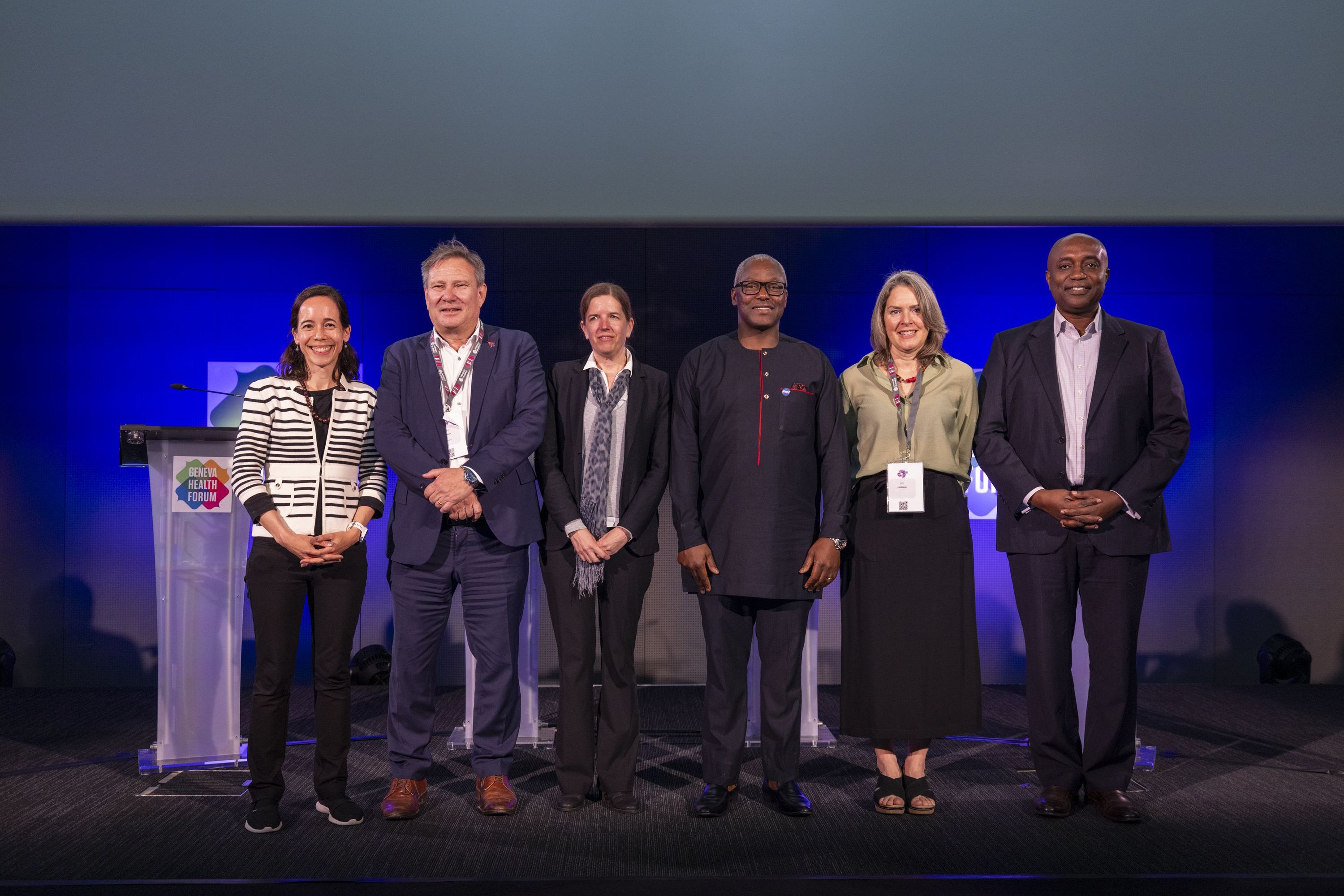

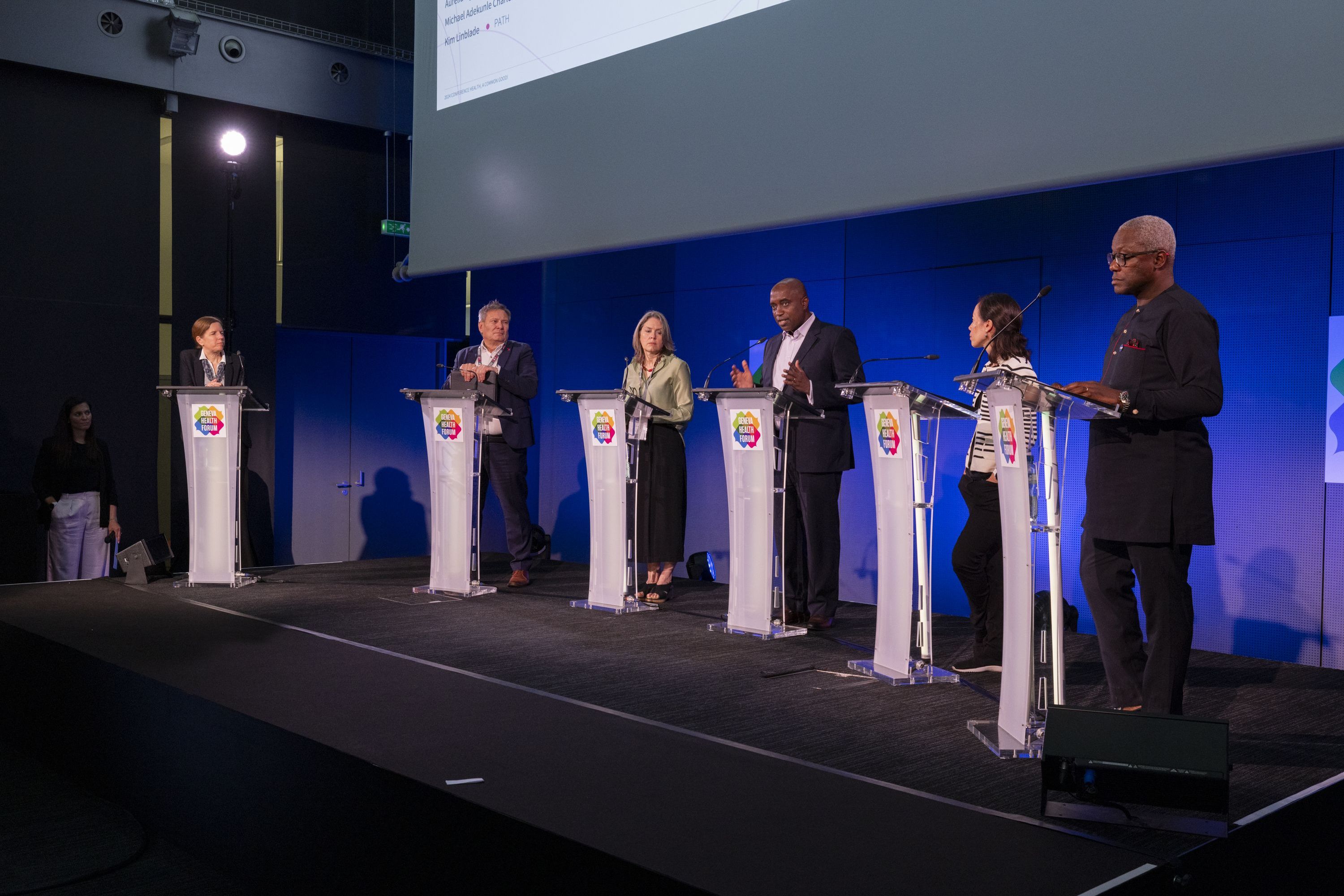


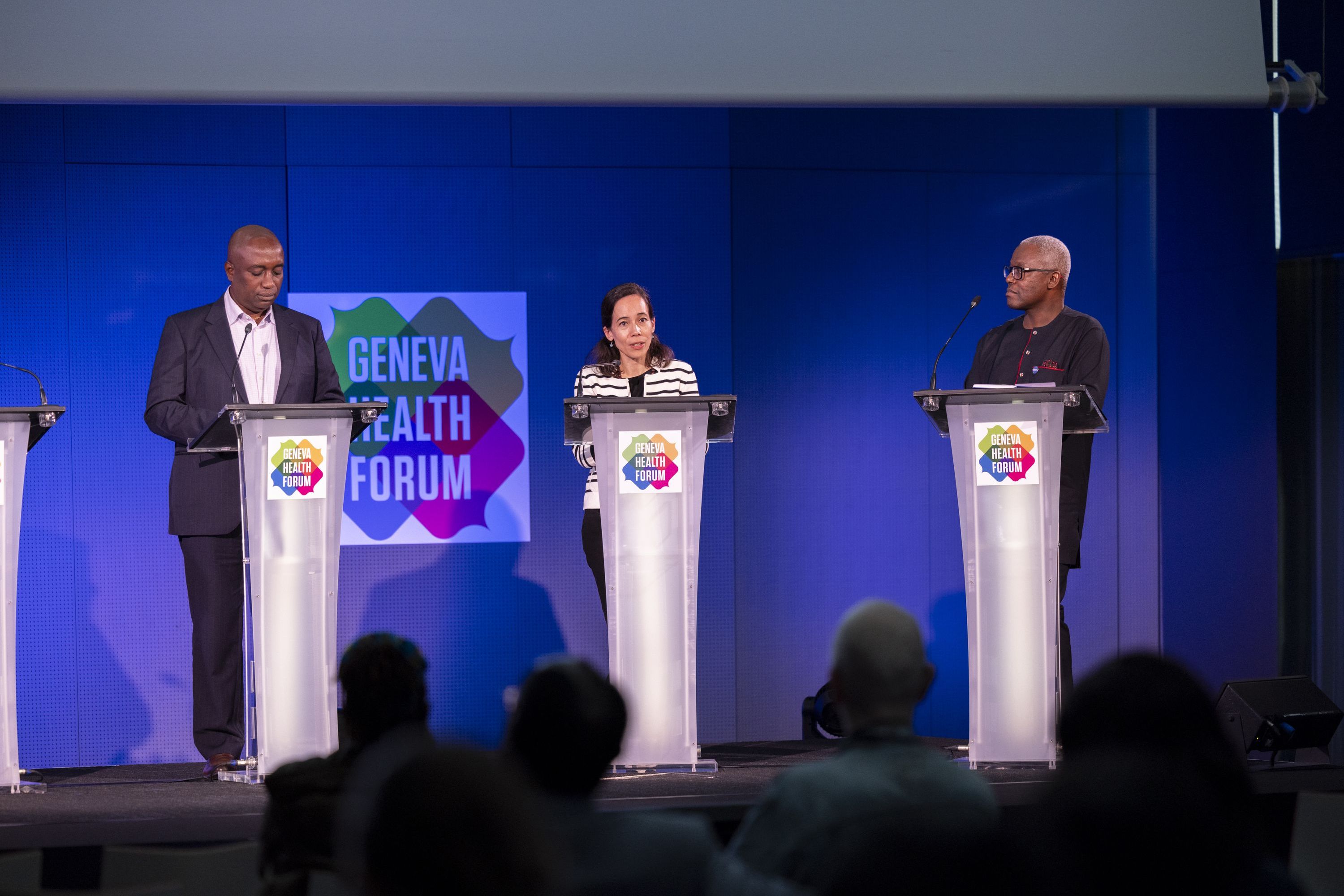
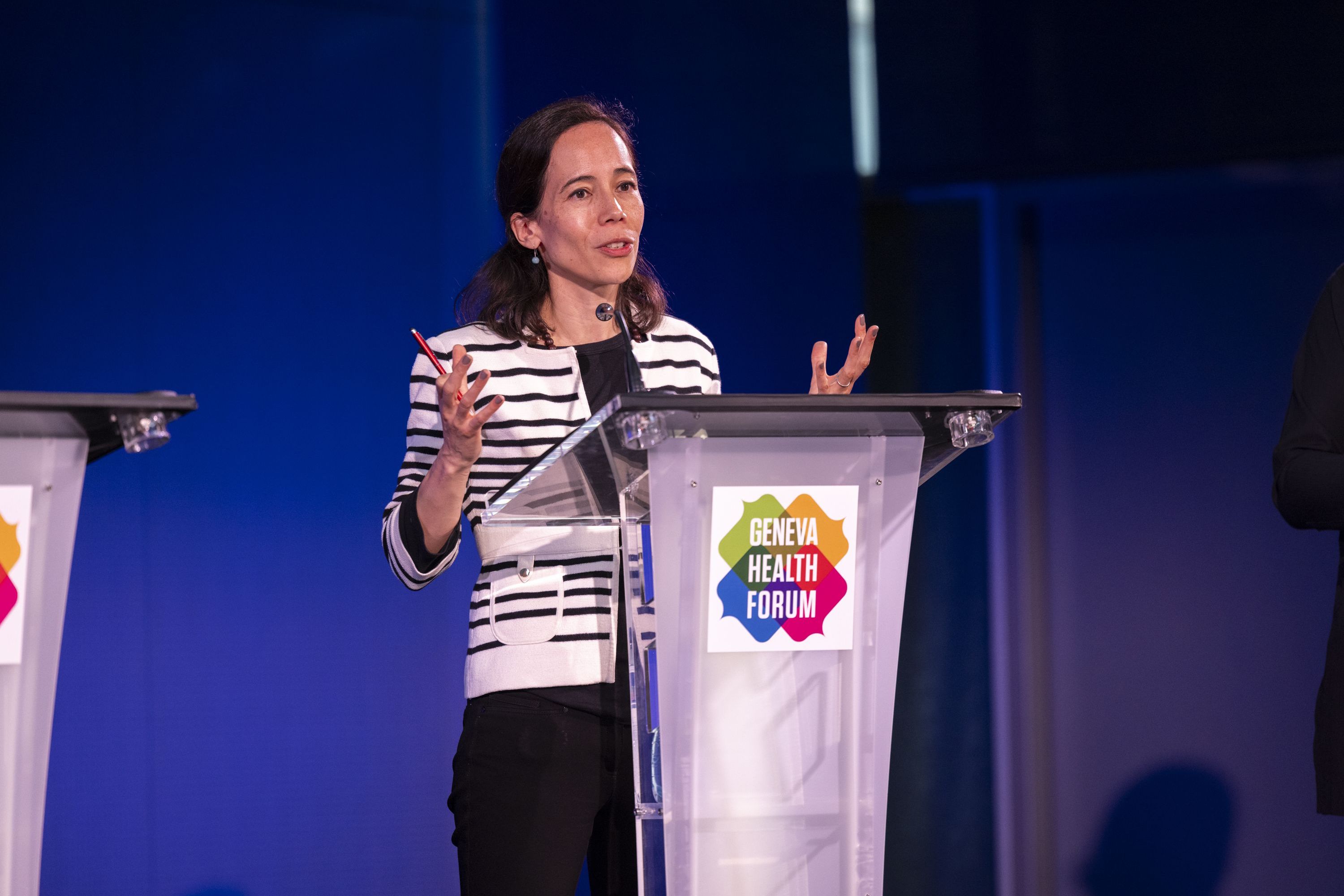
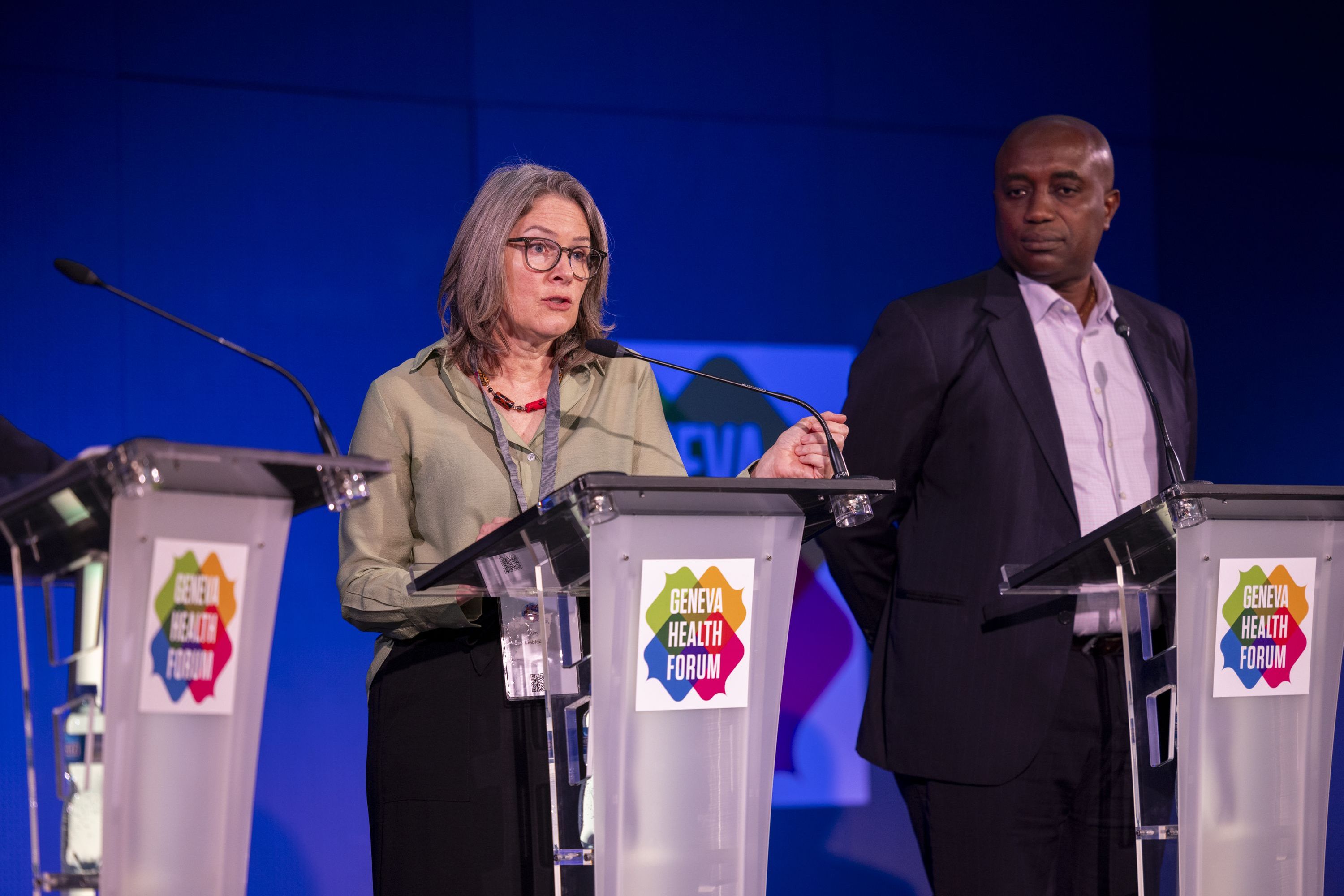



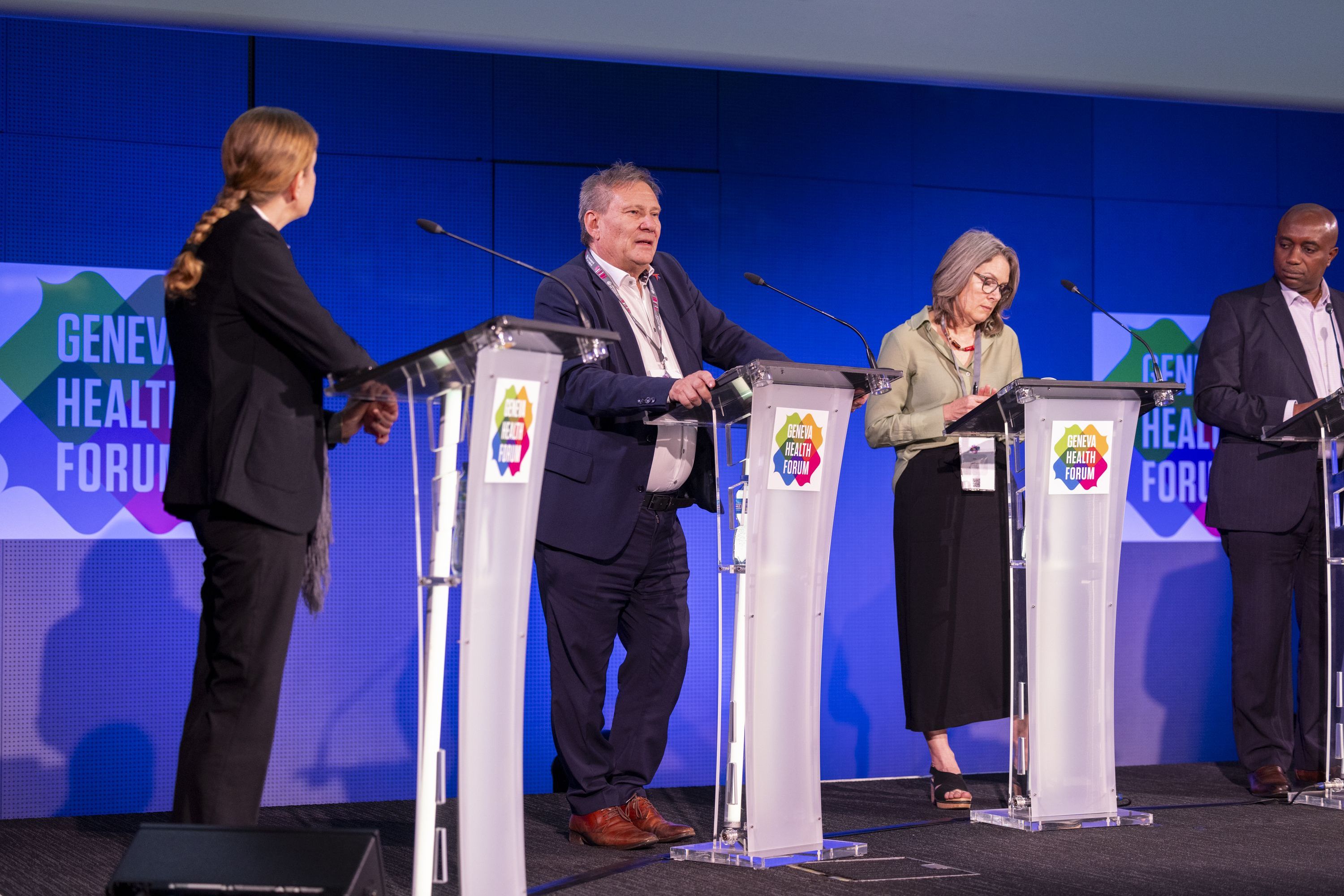
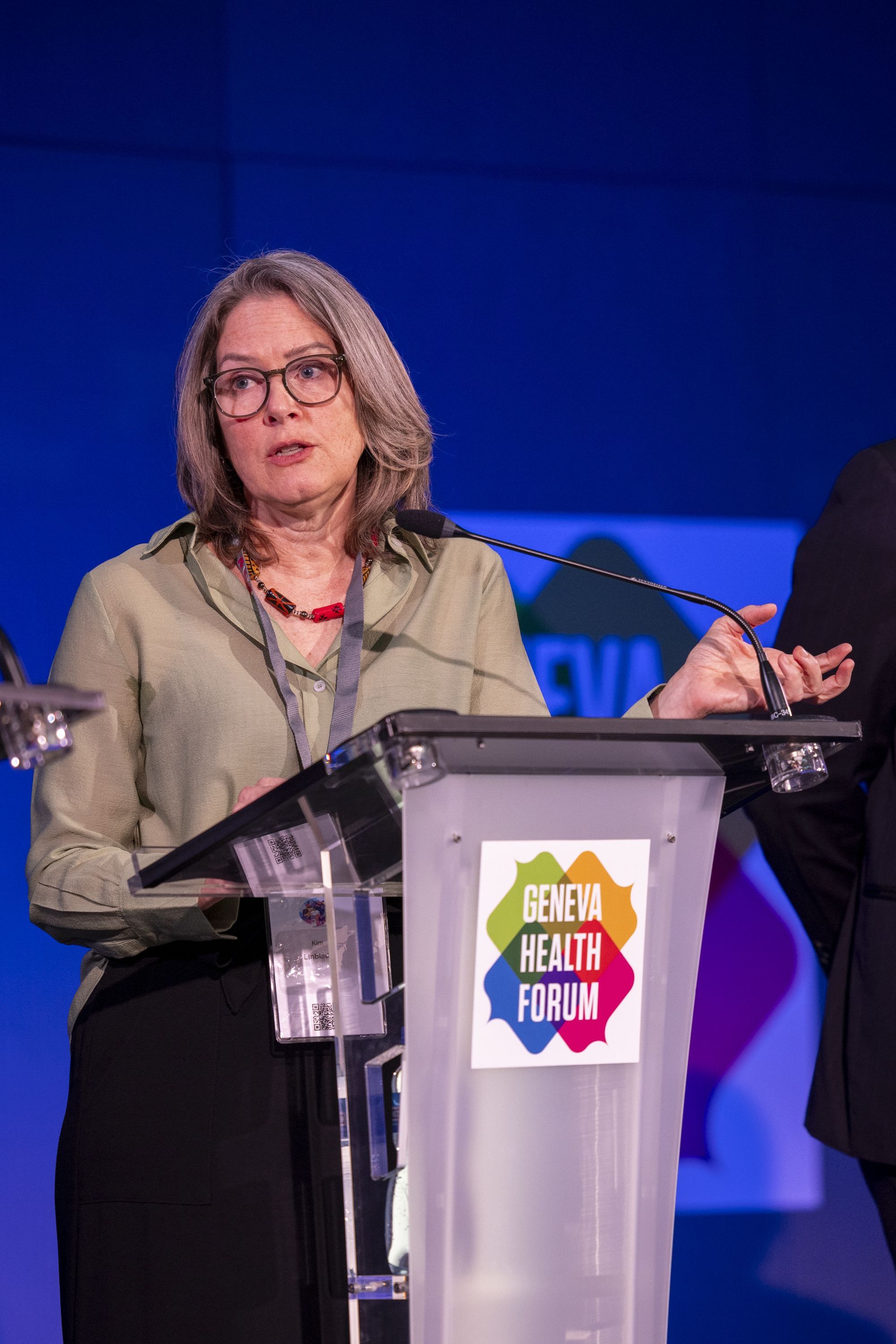

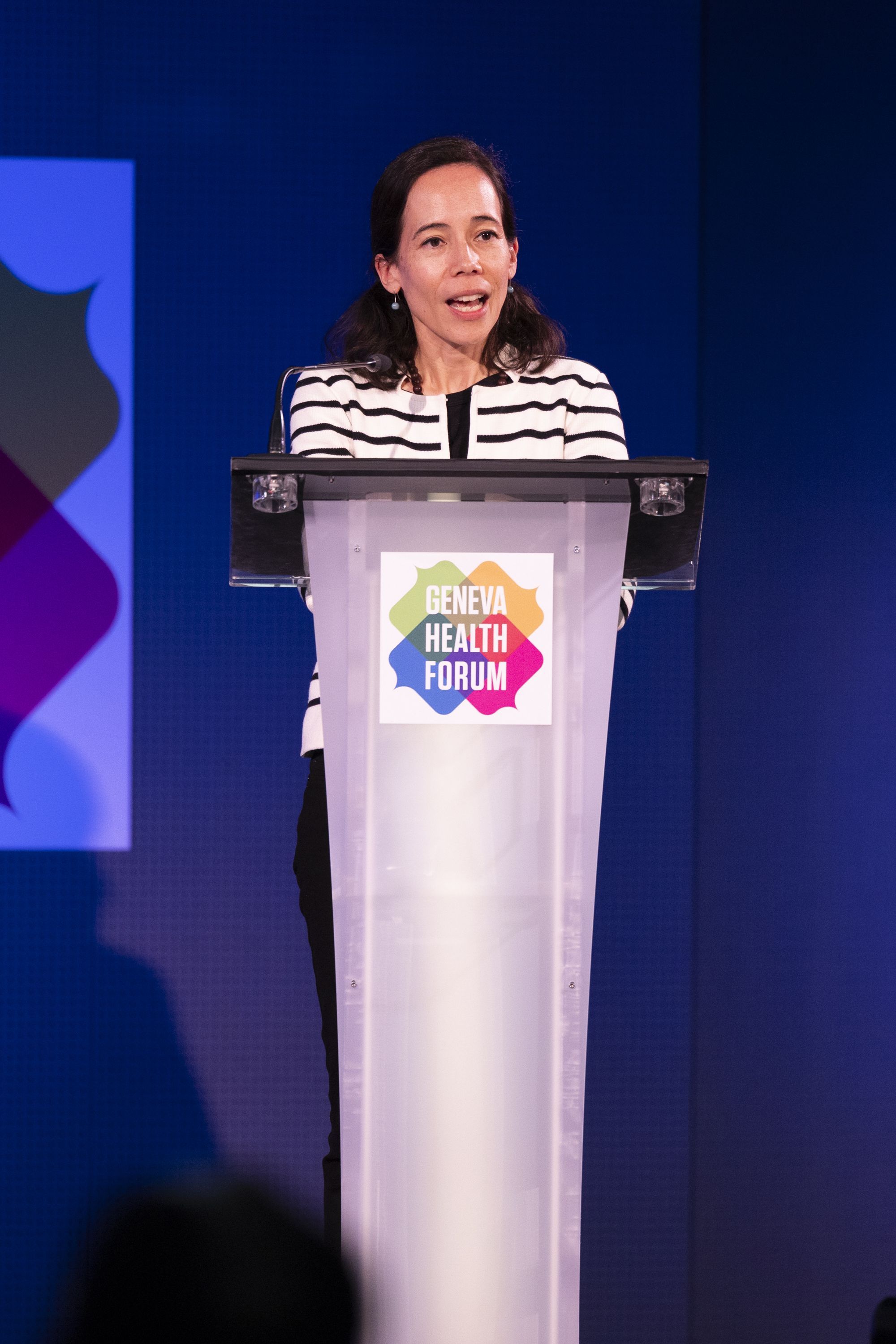
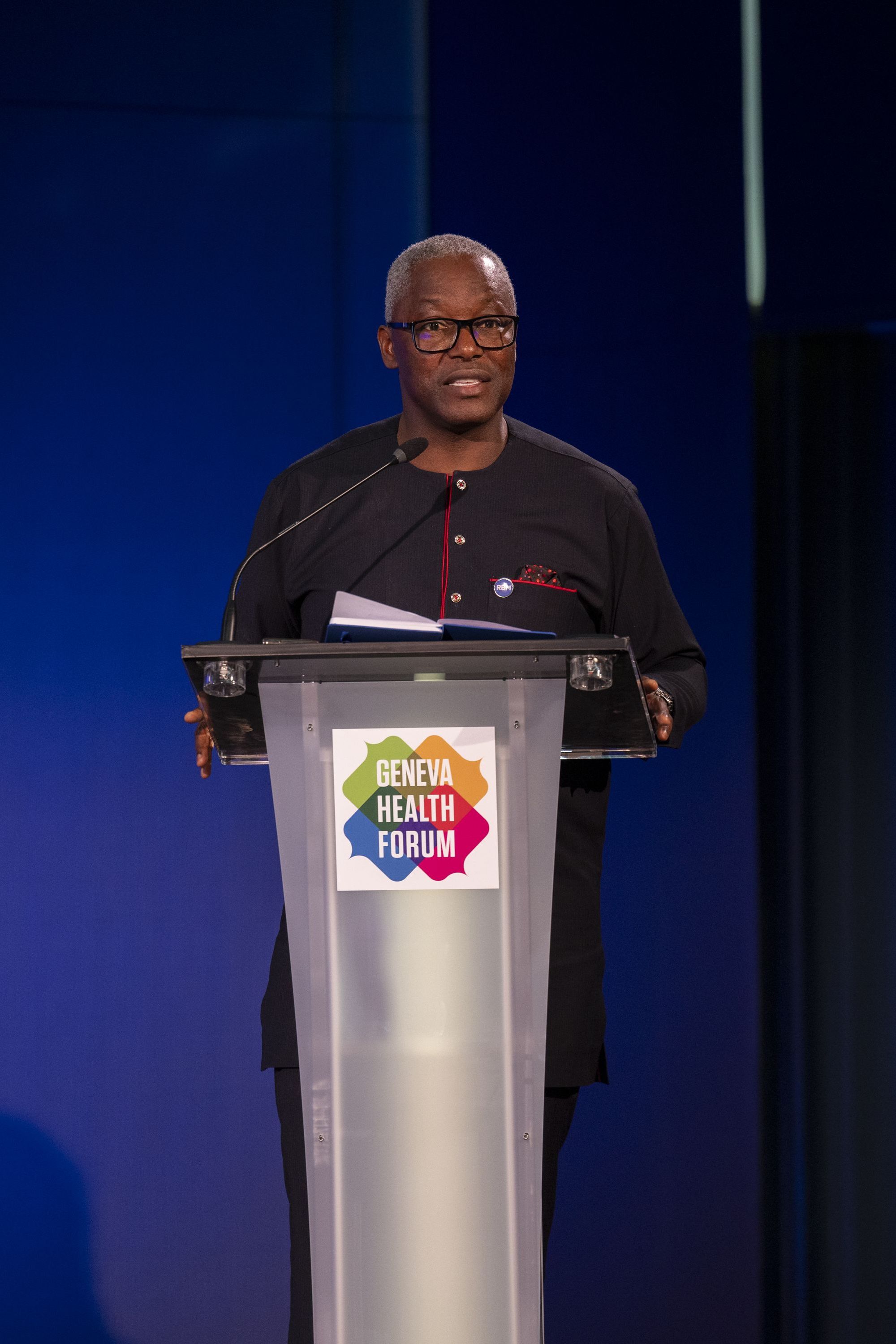
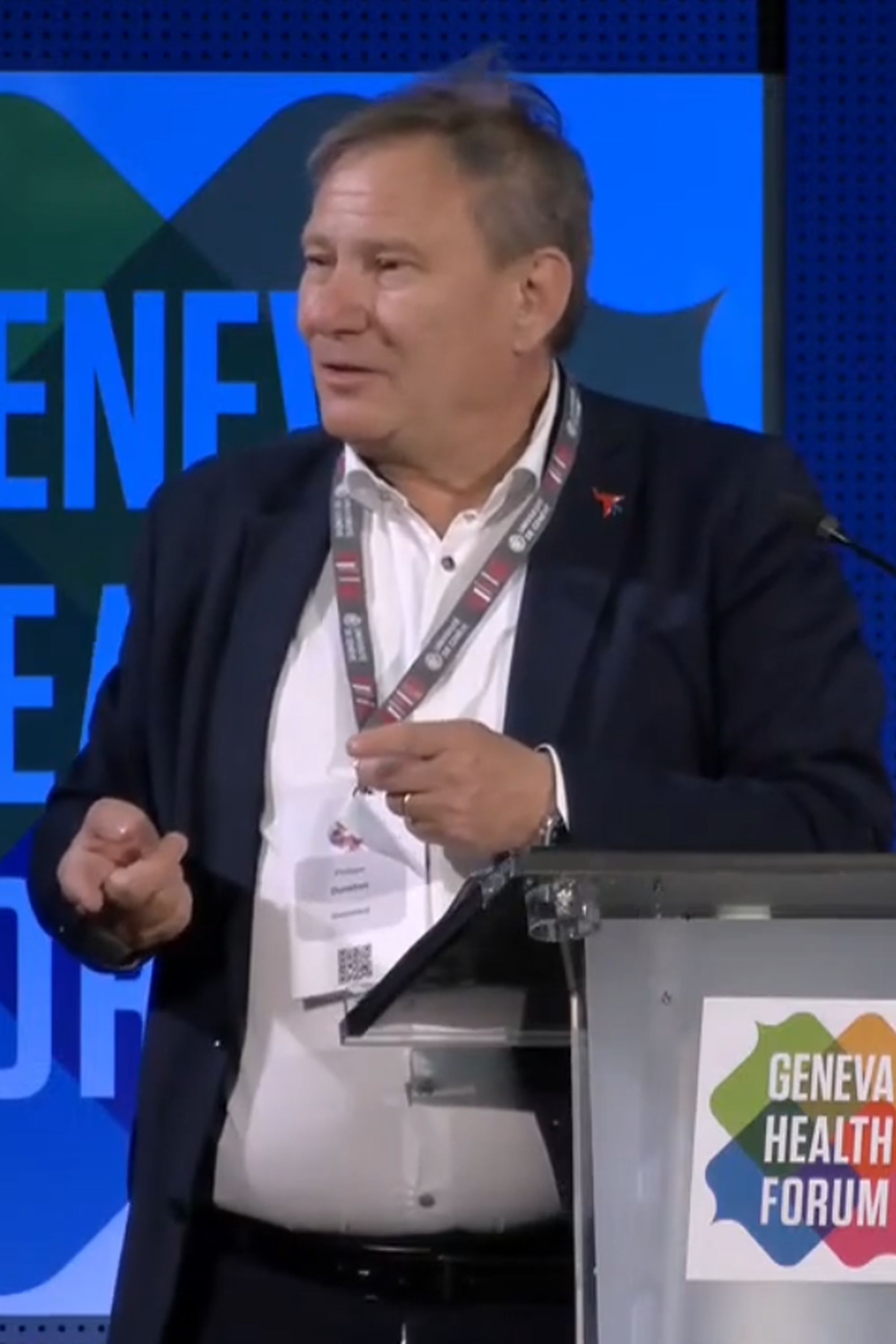
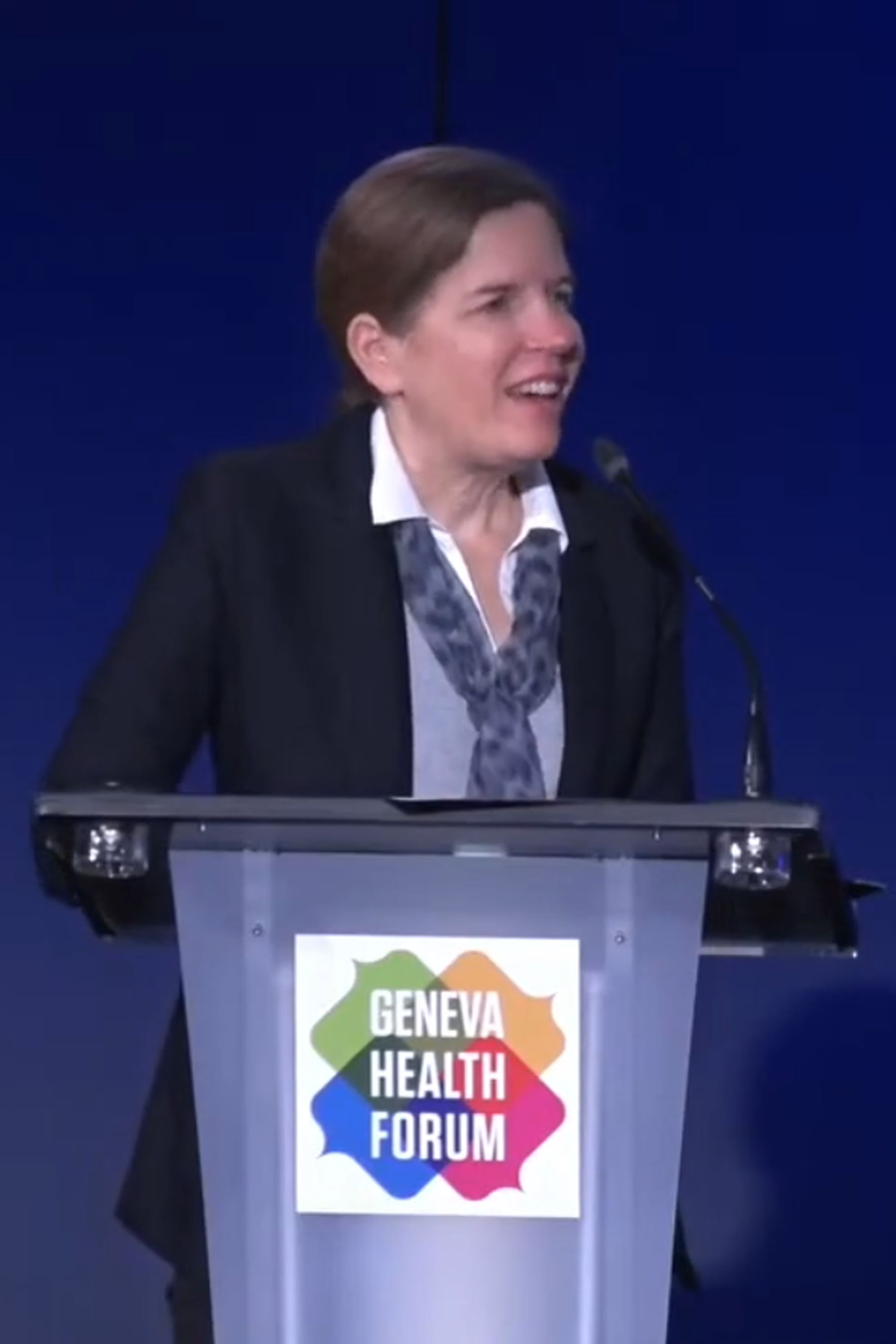
To look at this video, you must first register here: Registration







